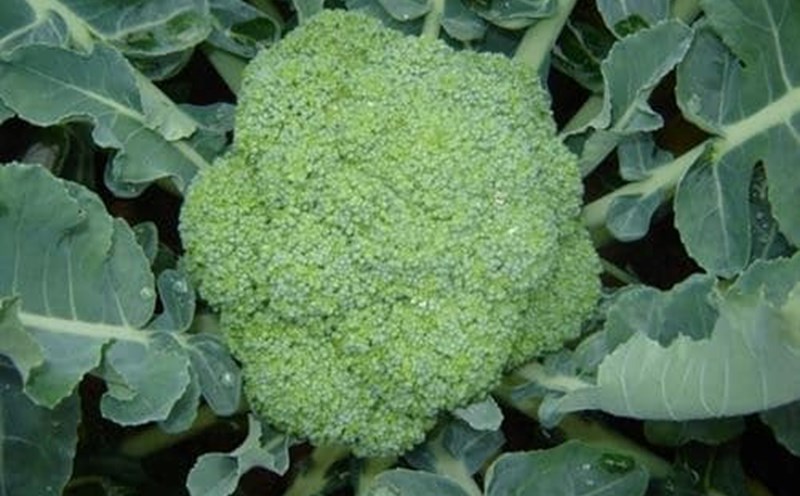Among the types of rustic vegetables, kale is highly appreciated by nutritionists for its ability to support liver function and effectively eliminate toxins. According to Medical News Today, kale is rich in antioxidants such as vitamin C, beta-carotene, lutein and natural sulfur compounds. These nutrients help protect the liver from the harmful effects of free radicals, while promoting the detoxification process in the body.
In addition, kale is rich in chlorophyll (ellipops) - an active ingredient that can bind and neutralize toxins and heavy metals before they damage the liver. Thanks to that, adding kale to your daily diet helps the liver work more effectively, reducing the risk of fat accumulation and hepatitis due to an unhealthy lifestyle.
A study published in the Journal of Applied Toxicology shows that compounds in kale can enhance the activity of liver detoxification enzymes, especially the group of enzymes phase II, helping the body process and eliminate toxins faster. In addition to liver protection, watercress also helps purify blood, aid digestion and improve cardiovascular health thanks to its rich potassium and fiber content.
The simplest way to take advantage of the benefits of kale is to use it in salads, juice or stir-fry quickly with garlic. However, to keep the beneficial vitamins and enzymes intact, you should limit cooking at high temperatures or cooking for too long.
With a cheap price, easy to find in the market and supermarket, kale is a great choice to add to the menu, both delicious and healthy liver support.











